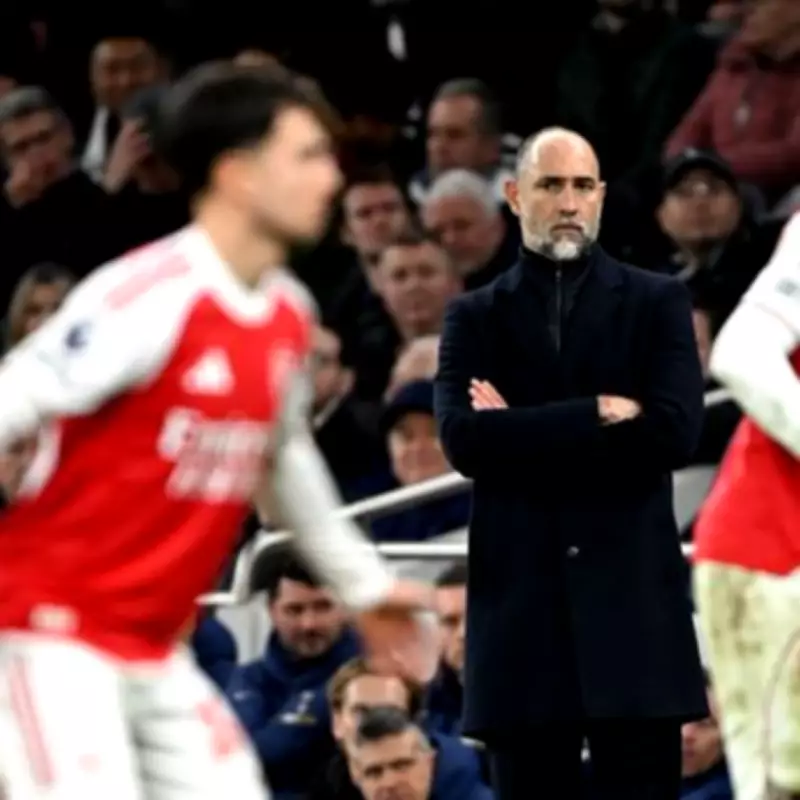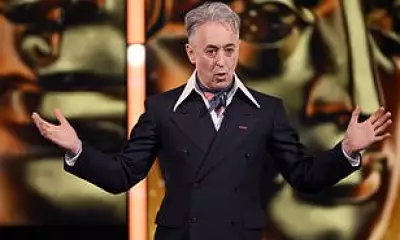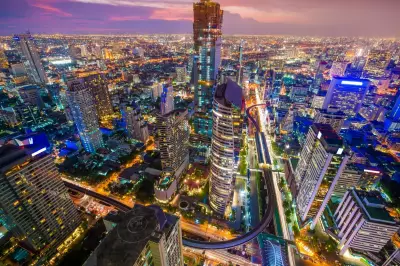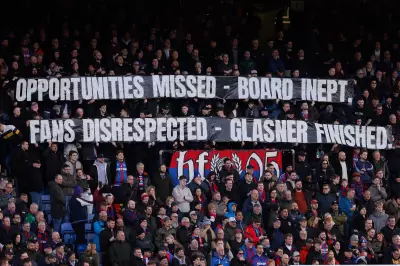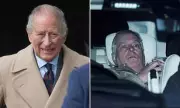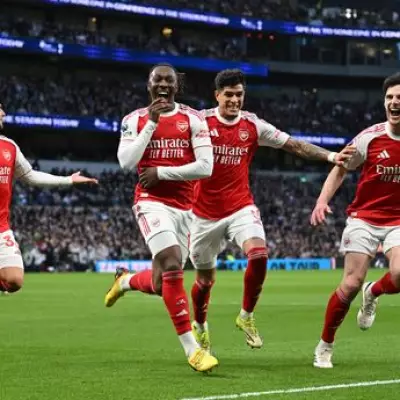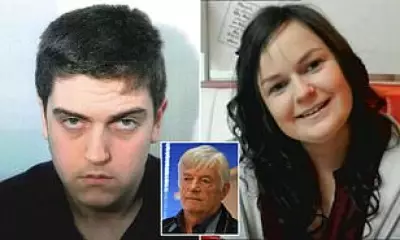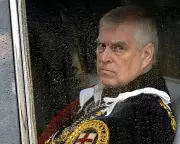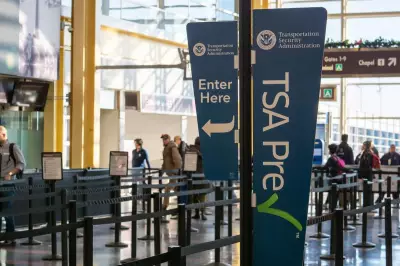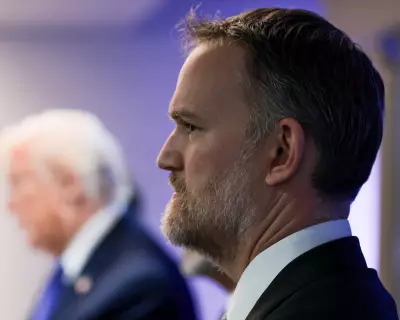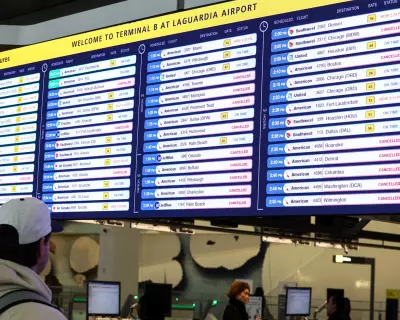Entertainment
King Charles and Queen Camilla Praise Winter Olympians from Commonwealth Nations
The King and Queen have extended heartfelt congratulations to Winter Olympics medallists from Great Britain, Canada, Australia, and New Zealand, praising their skill and spirit.
Sports
Arsenal Player Ratings: Gyokeres and Four Others Score 9/10 in Tottenham Thrashing
Arsenal's Premier League title charge reignited with a dominant 4-1 win over Tottenham. Viktor Gyokeres and Eberechi Eze starred, earning top ratings in a crucial north London derby.
Politics
Father of Murdered Student Karen Buckley Forgives Her Killer After Decade
John Buckley has sent a letter and crucifix to Alexander Pacteau, who murdered his daughter in 2015, saying he forgives him and prays for his redemption through Christianity.
Crime
Father's Five Words After Arrest for Murder of Convicted Rapist Intruder
Ben Batterham faced murder charges after tackling a convicted rapist who broke into his daughter's bedroom. The intruder died from drug-related heart issues, not the restraint.
Health
Weather
NYC Mayor Declares Emergency and Implements Travel Ban
New York City Mayor Zohran Mamdani has declared a local state of emergency and ordered a travel ban as the city prepares for its worst blizzard in over a decade, with schools closed and non-essential vehicles restricted.
Thailand Hit by 6.5 Magnitude Earthquake After Borneo Quake
A significant magnitude 6.5 earthquake has struck Thailand, as reported by the German Research Centre for Geosciences. This seismic event follows a magnitude 6.8 quake in Borneo, highlighting regional tectonic activity.
US Northeast Braces for Blizzard with Heavy Snow and High Winds
A severe winter storm is hitting the US Northeast, with blizzard warnings from Maryland to Massachusetts, over 6,000 flights cancelled, and residents urged to stay indoors.
East Coast Blizzard: 12,000 Flights Delayed, 18 Inches Snow Forecast
A severe nor'easter batters the East Coast, causing massive flight cancellations and delays while forecasters predict up to 18 inches of snow and dangerous blizzard conditions across multiple states.
Tributes for Climbers Eddie Hill and Jayden Long After Eryri Tragedy
Heartfelt tributes are being paid to Eddie Hill and Jayden Long, who tragically died while climbing Yr Wyddfa in the Eryri Mountains of North Wales, as the community mourns their loss.
Tech
Get Updates
Subscribe to our newsletter to receive the latest updates in your inbox!
We hate spammers and never send spam
Environment
Weekend Sports Quiz: Football, Cricket & Rugby Special
Enjoy our weekend sports quiz with 100 questions about British football, cricket, and rugby. A great way to relax and test your sports knowledge during the weekend!

